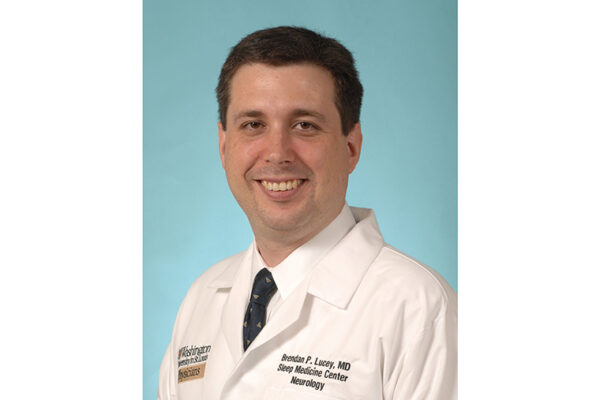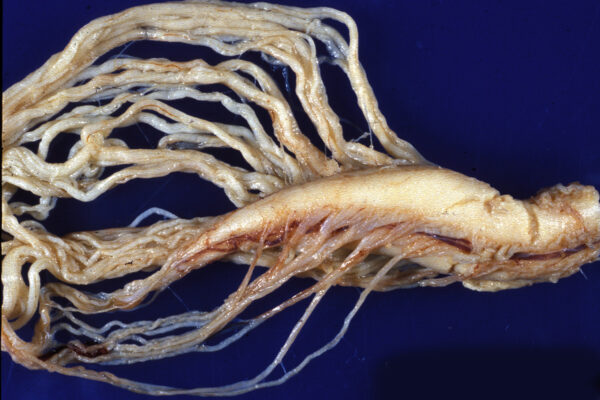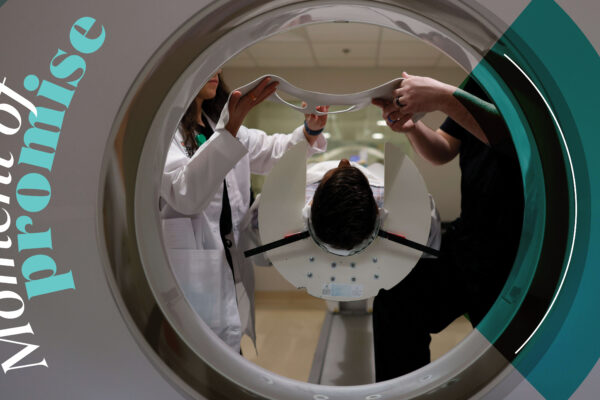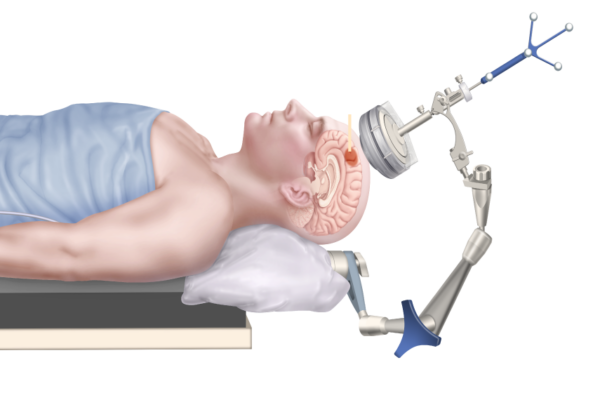Study aims to understand genetics of Parkinson’s disease in Black people
School of Medicine researchers have joined an international study aimed at understanding the gene changes that may lead to Parkinson’s disease in Black and African American people.
Lucey receives sleep science award
Brendan P. Lucey, MD, a professor of neurology at the School of Medicine, has been awarded the 2024 Sleep Science Award from the American Academy of Neurology in recognition of his distinguished contributions to the neurology and neuroscience of sleep.
Uncovering ‘the basis of humanity’ one puzzle at a time
For WashU MD/PhD student Sid Sivakumar, studying the brain is like constructing a crossword puzzle. Conveniently, he does both. He crafts puzzles for The New York Times, Washington Post — and now, the Record.
Subtle cognitive decline precedes end to driving for older adults
Even slight cognitive changes can affect an older person’s decision to stop driving, according to a new study by researchers at Washington University School of Medicine in St. Louis. The findings suggest that routine cognitive testing could help older adults and their physicians make decisions about driving that maximizes safety while preserving independence as long as possible.
Atlas with annotated neuropathology images launched
Robert Schmidt, MD, PhD, a professor of pathology and immunology at Washington University School of Medicine in St. Louis, has curated a collection of over 33,000 individually annotated neuropathology images that are now available as a resource to the Washington University and international neuroscience community via a newly launched website.
Thompson named director of pediatric neurosurgery
Eric Thompson, MD, a pediatric neurosurgeon noted for his expertise in caring for children with complex neurological conditions, particularly brain and spinal tumors, has been named director of the Division of Pediatric Neurosurgery at Washington University School of Medicine in St. Louis and neurosurgeon-in-chief at St. Louis Children’s Hospital.
Moment of promise
Washington University is known the world over for being a leader in neuroscience research. And the university underscored its commitment to the neurosciences by building an 11-story hub on the Medical Campus that enables researchers to work more collaboratively and creatively. The goal: to accelerate the translation of science into treatments to help those living with neurodegenerative diseases.
Navigate the neurosciences at WashU Medicine
Explore the extensive scope of neuroscience research ongoing at WashU Medicine.
The next era of neuroscience research
WashU dedicates the new Jeffrey T. Fort Neuroscience Research Building.
Focused ultrasound technique gets quality assurance protocol
Washington University researcher Hong Chen and her team developed a quality assurance protocol to ensure their guided focused ultrasound device and treatment functions safely and consistently.
Older Stories









